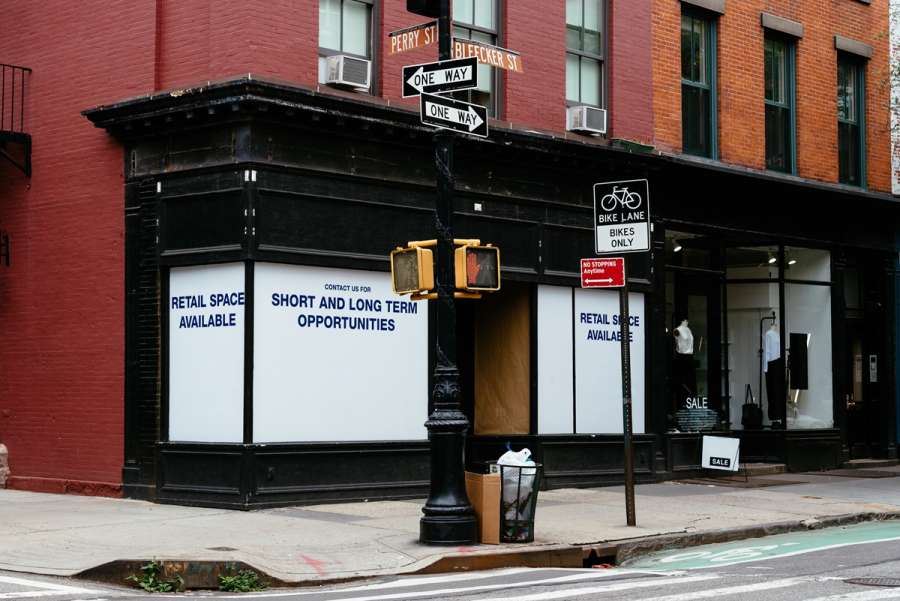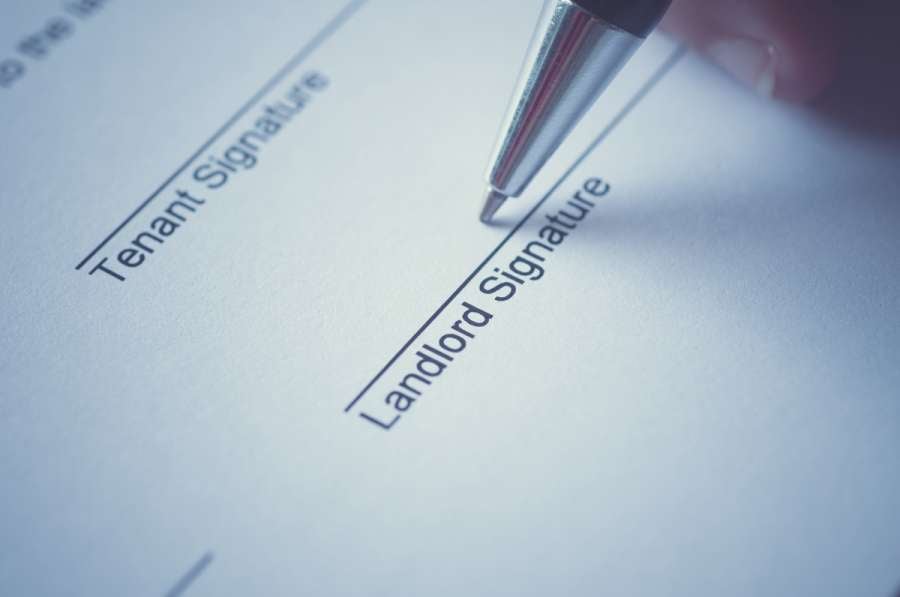Commercial leases usually include restrictions on what the tenant can do from the premises.
If tenants want to do something that is not part of the normal use of the premises, such as offering temporary catering or entertainment or putting tables and chairs outside, they should first check that these activities are permitted by their lease.
Activities involving food and drink may require a licence from the local authority, and there will be additional health and safety requirements to comply with.
Seasonal signage
Similarly, if the tenant wishes to put up additional or special signage at the premises over the Christmas period, then the landlord's consent may be required under the lease terms.
Tenants should also consider whether planning permission or any other consent is required.









